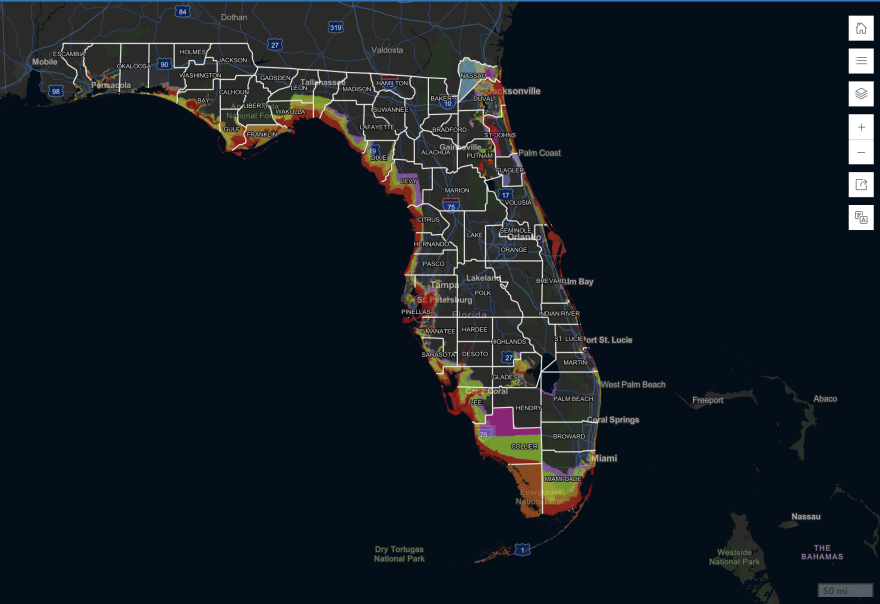Unless you’ve been living under a rock, you probably know that tomorrow starts the beginning of the 2024 hurricane season. But did you know that according to the Federal Alliance of Safe Homes, a recent poll found that 60% of people living in hurricane prone states are not going to prepare for hurricane season. That’s mainly because they don’t think it will happen to them. But with the National Hurricane Center issuing their most robust hurricane forecast ever, and experts are urging people to rethink their strategy or lack thereof this season.
Hurricanes are not just a coastal problem. Impacts from wind and water can be felt hundreds of miles inland, and significant impacts can occur regardless of the storm’s strength. Officials emphasize to know if you live in an area prone to flooding, if you live in an evacuation zone, and identify any structural weaknesses in your home.

Before a storm is coming, make sure you ask yourself these questions:
• Can I shelter in place safely at home during a hurricane, or do I live in a storm surge evacuation zone or other high-risk location that will require me to leave?
• If I need to evacuate, what is the best route from my home to my pre-selected destination?
• And what about pets or livestock? Where will they go in the event you need to leave?
To know what zone you live in, and whether you are at greater risk for natural disaster damage, head over to https://floridadisaster.maps.arcgis.com to find out your risk. Here’s what you need to do:
- Type in your address
- Know Your Zone - Find if your address is in one of the colored evacuation zones (these are flood zones)
- If you are in an evacuation zone, listen to evacuation orders from local officials (Typically Zone A is the most vulnerable and the most likely to evacuate first. Zone E is most likely to evacuate last)
- If an evacuation order is not issued for your area, you may consider sheltering in place. Not all evacuation zones are always ordered.
- If you shelter in place, it’s important to Know Your Home and its ability to withstand strong winds and heavy rain

And perhaps the most critical part of preparing is knowing if you are at risk for a potential catastrophic storm surge or inland flooding when a storm hits.
Finally, find out if your home has any weaknesses that could prove deadly in a hurricane. Are your exterior doors and garage door hurricane proof? Do you have storm shutters? Some aspects of your home can be strengthened to help withstand hurricane impacts, and some can not. Mobile homes are especially vulnerable to hurricane-force winds, and basements are especially vulnerable to storm surge and flooding. For more information and how to be prepared ahead of the storm, go https://www.noaa.gov/know-your-risk-water-wind or http://www.https://www.floridadisaster.org/ for more information.

